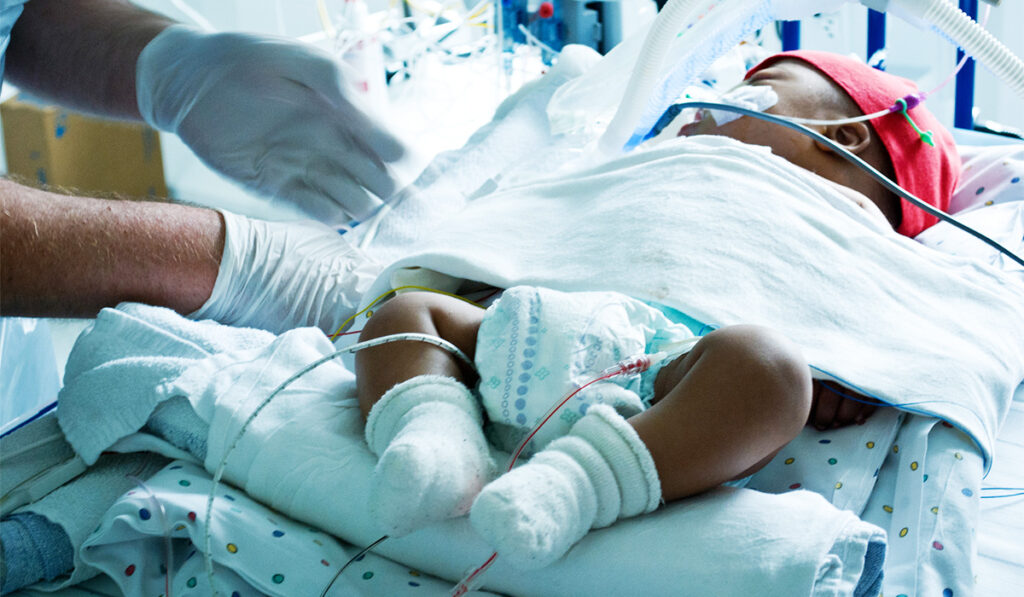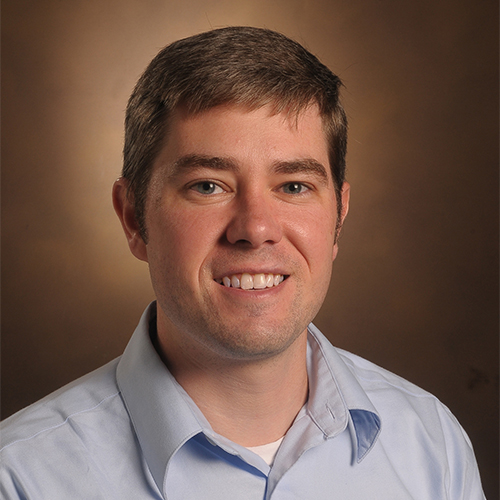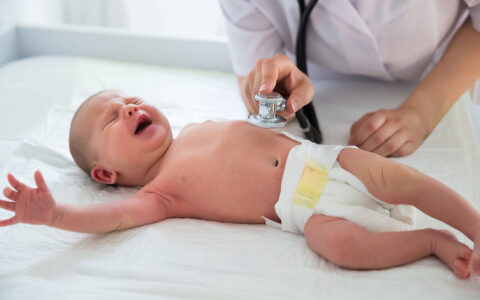Extracorporeal membrane oxygenation (ECMO) is frequently used to provide life-saving support to neonates and pediatric patients with severe cardiac or respiratory conditions while managing the known risks of acute kidney injury and fluid overload.
For over a decade, investigators at Vanderbilt University Medical Center and collaborators across North America have been studying ECMO outcomes to isolate interventions and best practices. Their most recent research points to a critical role for early fluid management with continuous renal replacement therapy (CRRT).
“In patients with AKI and severe fluid overload on ECMO, if we start kidney support therapy before their fluid overload gets too severe, the patient is more likely to survive.”
“In patients with acute kidney injury and severe fluid overload on ECMO, if we start kidney support therapy before their fluid overload gets too severe, the patient is more likely to survive the hospital discharge,” says intensivist Brian Bridges, M.D., medical director of ECMO at Monroe Carell Jr. Children’s Hospital at Vanderbilt.
Both Vanderbilt’s adult and children’s ECMO programs are recognized as Platinum Extracorporeal Life Support Organization Centers of Excellence, the organization’s highest honor.
“Our children’s ECMO program has been around since 1989. We have one of the best teams in the world,” Bridges said.
Kidneys, Fluid Overload, and Mortality
Studies detailing the serious risks acute kidney injury and fluid overload pose to neonates and pediatric patients on ECMO have largely been supported by the Kidney Interventions During Extracorporeal Membrane Oxygenation database, an international cohort study launched in 2012 by the late Geoffrey Fleming, M.D., a professor of pediatrics at Vanderbilt.
“The reason we have all this data on neonatal and pediatric patients is because of his vision of bringing together critical care doctors and pediatric nephrologists to ask these important questions,” Bridges says.
In one report from 2020, the researchers focused on pediatric patients with respiratory failure, finding that for every 10 percent increase in peak fluid overload during ECMO, the risk of hospital mortality jumped by about 20 percent.
Further research has shown that outcomes worsen when both acute kidney injury and fluid overload occur concurrently.
For example, a recent report from the team in Pediatric Nephrology showed that when pediatric patients on ECMO for a cardiac pathology experience both acute kidney injury and fluid overload, mortality odds are significantly higher. The simultaneous occurrence of the two conditions raises mortality 4.79 times higher than fluid overload alone and 2.7 times higher than acute kidney injury alone.
Need For Guidelines
The most common treatment used to manage acute kidney injury and fluid overload in patients on ECMO is CRRT, Bridges says. Peritoneal dialysis and hemodialysis can also be used.
“We think of the ECMO circuit as a platform for which we can attach other organ support devices, one of those being CRRT,” Bridges said. “This is especially important in our neonatal and pediatric patients, because they have limited access.”
While a growing number of centers are using CRRT to manage acute kidney injury and fluid overload during ECMO, most centers – approximately 65 percent – do not have established protocols. Additionally, Bridges says, there is a lack of consensus on ideal CRRT timing.
To address the gap, ongoing work from Bridges and colleagues aims to describe how the timing of CRRT initiation and discontinuation impact outcomes.
“We do see a definite association between the early start of kidney replacement therapy and improved outcomes, including decreased mortality in children,” Bridges said.
“Having this data published will help ECMO teams make informed decisions about kidney support therapy, and hopefully save lives.”






